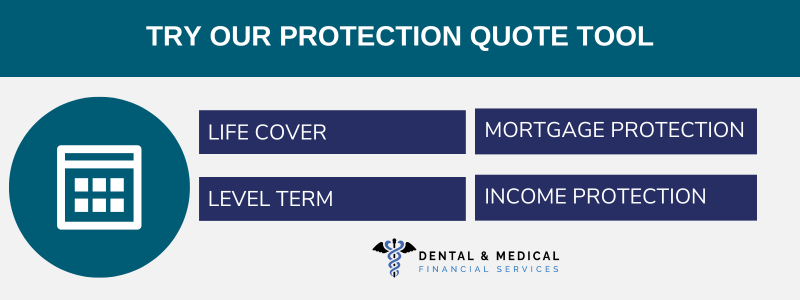Income protection is a long-term insurance policy that provides the policyholder with a monthly payment in the event that they can no longer work. If you’re ill or injured and you don’t have a plan to deal with the sudden loss of income, you could burn through any savings you might have before you’re ready to return to work, if you are able to at all.
This does not constitute advice and advice should be sought in all instances before acting on it.
Income protection insurance, on the other hand, provides you with a regular income until you can start working again, until the policy reaches the end of the term, until you retire, or if you die, whichever comes first. Here’s what you need to know about income protection insurance.
Protect against a sudden loss of income
Unfortunately, most people don’t want to think about what would happen if they were to suddenly lose their income and aren’t prepared for when it happens. Don’t get caught out due to an illness or injury. The financial and mental implications of not having a plan for these tough times could be devastating for you and your loved ones.
You can keep your finances healthy whilst you recover with income protection insurance. Income protection replaces part of your income and is linked to your salary. It pays out until you can return to work, or in extreme circumstances when you can’t return, until retirement, death, or the end of the policy term, whichever is sooner. There is a waiting period before you can start receiving payments, usually after your sick pay ends or after any other insurance coverage stops. But keep in mind that the longer you wait to claim, the lower your monthly payments will be.
Income protection covers a wide variety of conditions that preclude you from working, either in the short or long-term, depending on the type of policy you hold. You can claim against your policy as many times as you need.

Percentage of your salary
While income protection is designed to prevent you from being disadvantaged as a result of not working, you are not meant to profit from your unfortunate circumstances. As such, your policy will be tied to your income and the maximum amount of income you can replace is generally the after-tax earnings that you have lost (minus any state benefits.)
This works out to be a percentage of your salary before tax, but the actual amount you end up receiving will depend on your provider. It’s encouraged to speak with your employer to see if there are any benefits you can take advantage of during situations such as these so you get as much support as possible.
Self-employment
For someone who is self-employed and doesn’t have the backing of an employer, when you don’t work, you don’t generate an income. The good news is that people who are self-employed can take out an individual income protection policy, there is just a bit more work to do to determine the basis on which the insurer will pay out.
Usually, your pre-tax share of the gross profit, after the deduction of trading expenses, in the 12 months immediately prior to your illness or injury will suffice, but some policies require an average over the last three years. This works to your benefit as the income of self-employed people often fluctuates and will usually give you a fair figure to work with.
Are you looking to get protected?
There’s no telling what life will throw at you, so it’s always best to be prepared. If you can’t earn an income, things can quickly spiral out of control and your family could end up paying the price. Don’t let this happen to you and your loved ones. To discuss the wealth protection options available to you, contact the experts at Dental & Medical Financial Services now.









